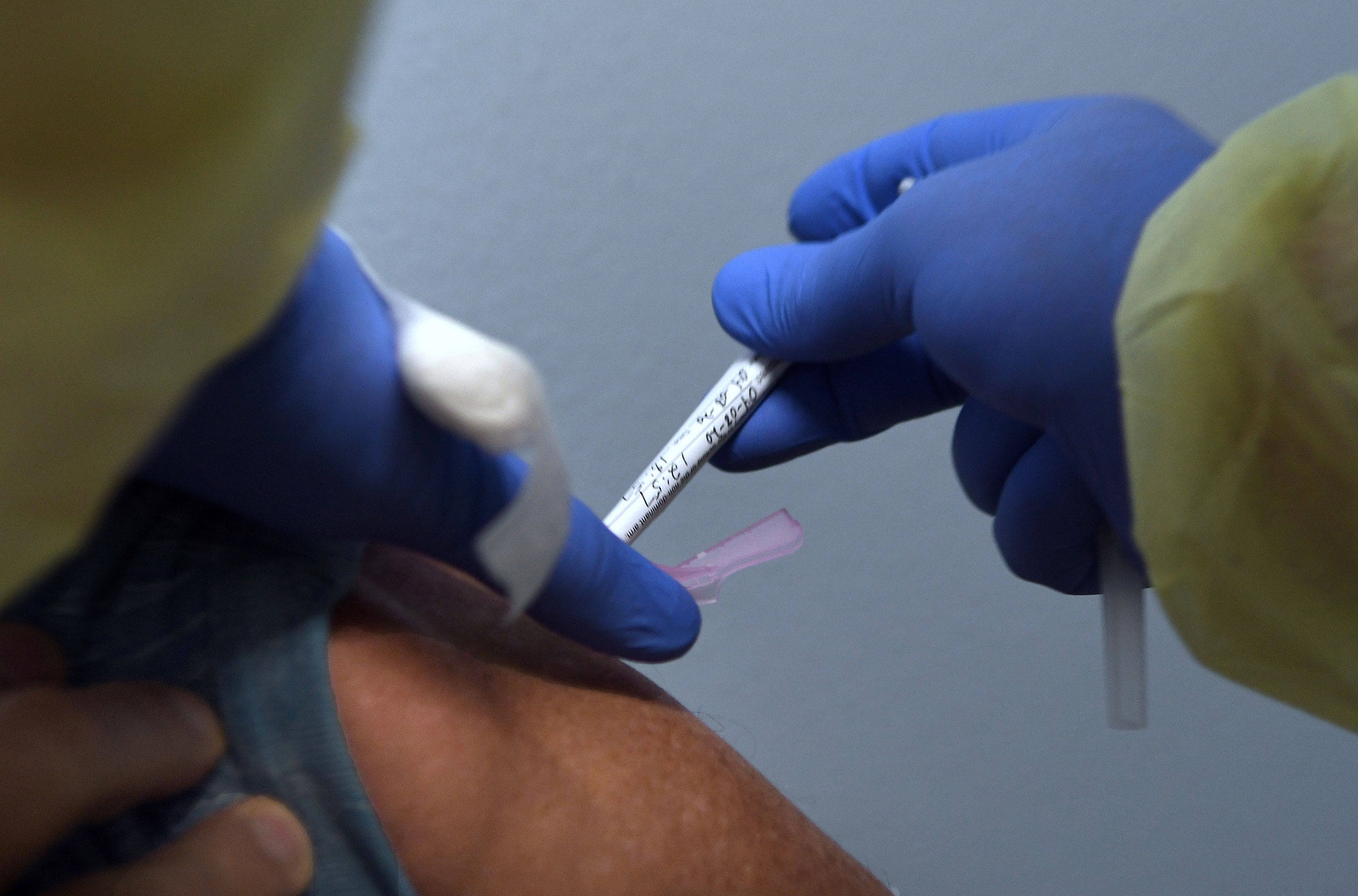Walgreens will put ultra-cold freezers at about 100 sites to store Covid-19 vaccine, company official says

An advisory committee to the US Food and Drug Administration released a briefing document on Tuesday morning detailing data on Moderna’s Covid-19 vaccine candidate, which will be considered this week for emergency use authorization (EUA) in the United States among adults age 18 and older.
What’s in the document: The document confirms that the vaccine’s efficacy against Covid-19 was 94.5%, occurring at least 14 days after the second dose – an efficacy that had been previously reported by Moderna – and that the vaccine has a “favorable” safety profile. The proposed dosing regimen is to administer two 100-microgram doses of vaccine one month apart.
The document also describes the components of the vaccine, which include mRNA – genetic information about the novel coronavirus called messenger RNA. The vaccine contains a synthetic mRNA that codes for a structure called the “pre-fusion stabilized spike glycoprotein” of the virus, or the part of the virus that it uses to attach to cells.
Among its other ingredients, the vaccine also contains fatty materials called lipids, tromethamine, tromethamine hydrochloride, acetic acid, sodium acetate and sucrose.
The document goes on to note that the mRNA-1273 vaccine has “a favorable safety profile, with no specific safety concerns identified that would preclude issuance of an EUA.” The most common adverse reactions to the vaccine have been injection site pain, fatigue, headache, muscle pain, joint pain and chills, according to the document. Swollen lymph nodes have also been reported.
There also have been reports of facial paralysis or Bell’s Palsy, but the document notes “currently available information is insufficient to determine a causal relationship with the vaccine.”
Overall, “the frequency of non-fatal serious adverse events was low and without meaningful imbalances between study arms (1% in the mRNA-1273 group and 1% in the placebo group).”
As of December 3, the document notes that 13 deaths had been reported; six were among people given the vaccine and seven among those given a placebo. “These deaths represent events and rates that occur in the general population of individuals in these age groups,” according to the document, as some were due to pre-existing cardiac disease and other causes.
About this week’s meeting: The document will be discussed in a meeting this Thursday, during which the FDA’s Vaccine and Related Biological Products Advisory Committee will review and provide recommendations on whether the benefits of the mRNA-1273 vaccine outweigh its risks for use in adults age 18 and older.
The committee will also discuss what additional studies should be conducted by the vaccine manufacturer following issuance of the EUA, to gather further data on safety and effectiveness.
![]()


